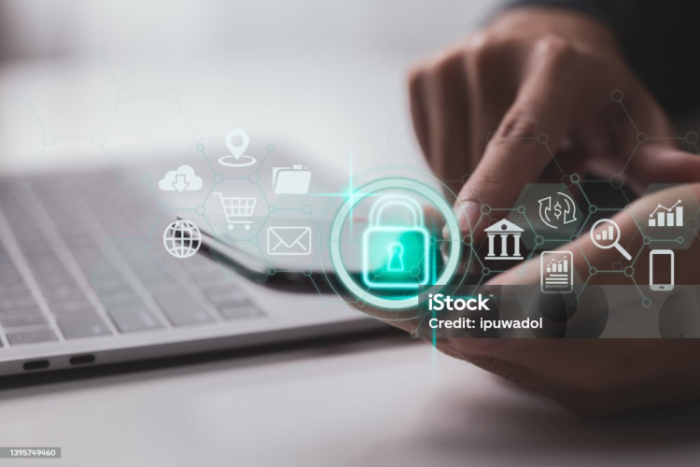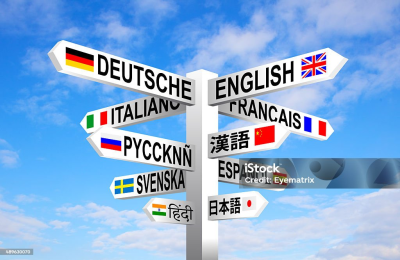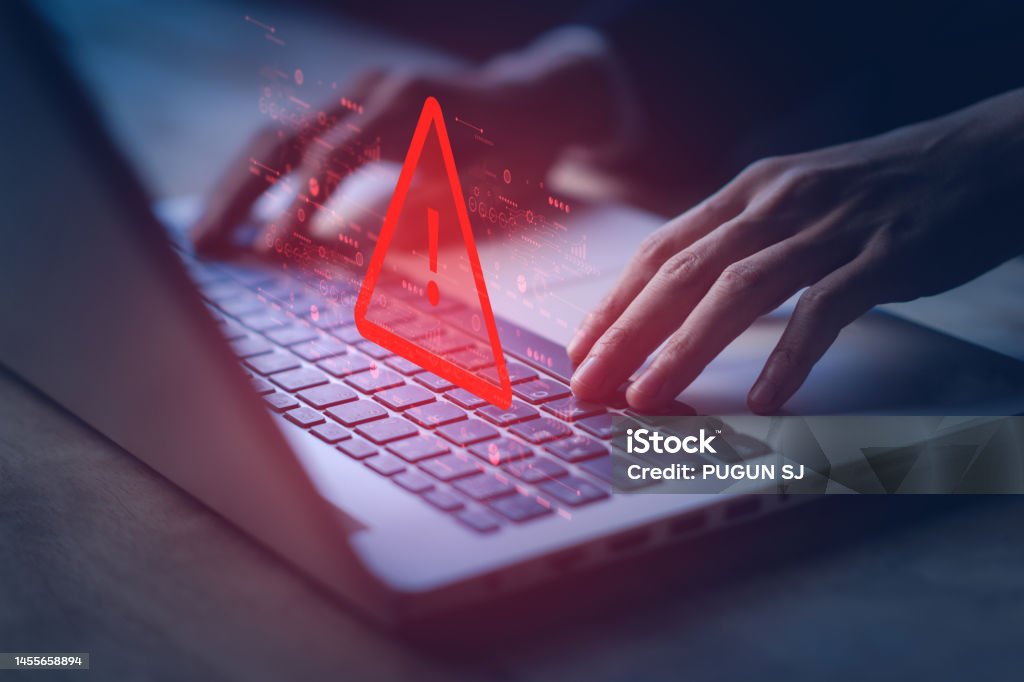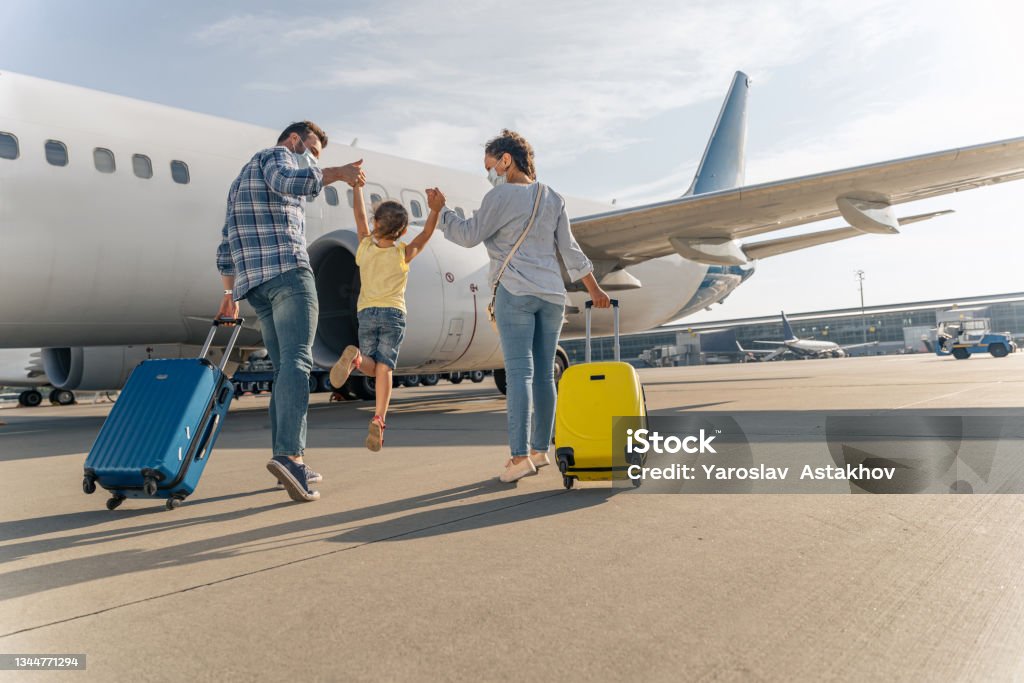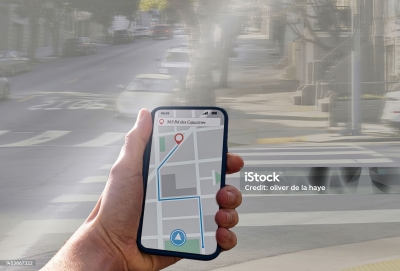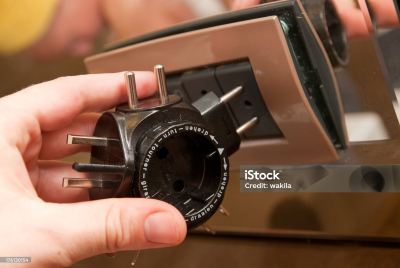Digital Security Tips for Nomads: Stay Safe with eSIM Travel Data
As a digital nomad, staying connected is crucial, but so is keeping your data secure. When you rely on eSIM for your travel data, you need to take a few extra precautions to ensure your digital safety. Don't worry, we've got you covered with some easy-to-follow tips that will keep you secure while you explore the world.
Use a Reliable VPN
A Virtual Private Network (VPN) is your best friend when it comes to online security. A VPN encrypts your internet connection, making it difficult for hackers to intercept your data. Whether you're sipping coffee at a quaint café in Paris or lounging on a beach in Bali, using a VPN ensures that your online activities remain private. Always choose a reputable VPN service, and make sure to connect to it before accessing any sensitive information.
Secure Your Devices
Your devices are gateways to your personal information, so it's essential to keep them secure. Start with strong, unique passwords for each device and change them regularly. Enable biometric authentication, like fingerprint or facial recognition, for an added layer of security. Don't forget to keep your operating systems and applications up to date, as updates often include important security patches.
Be Wary of Public Wi-Fi
Public Wi-Fi networks are convenient but can be risky. Hackers often target these networks to steal personal information. If you must use public Wi-Fi, avoid accessing sensitive accounts such as banking or email. It's always safer to use your eSIM data connection for such activities. If you do need to connect to public Wi-Fi, ensure your VPN is activated to add an extra layer of protection.
Regularly Backup Your Data
Losing your data can be a nightmare, especially when you're far from home. Regularly backing up your data ensures that you can recover important information if your device is lost or compromised. Use cloud services to store backups, and make sure they're encrypted for additional security. Having a reliable backup strategy gives you peace of mind and ensures you won't lose valuable information.
Stay Alert to Phishing Scams
Phishing scams are everywhere, and travelers are prime targets. Be cautious of unsolicited emails, messages, or websites that request personal information. Always verify the source before clicking on any links or providing sensitive data. Remember, legitimate companies will never ask for sensitive information via email. When in doubt, contact the company directly through their official channels to confirm the legitimacy of the request.
Monitor Your Accounts
Regularly monitoring your accounts for unusual activity can help you catch potential security breaches early. Set up alerts for your bank accounts, credit cards, and online services so you're notified of any suspicious transactions. Review your account statements frequently, and report any unauthorized activity immediately. Keeping a close eye on your accounts helps you stay on top of your digital security.
Use Two-Factor Authentication
Two-factor authentication (2FA) adds an extra layer of security to your accounts by requiring two forms of verification. Even if someone manages to obtain your password, they'll need the second form of verification to access your account. Enable 2FA on all your important accounts, such as email, banking, and social media. It's a simple step that significantly enhances your security.
Educate Yourself
Staying informed about the latest security threats and how to protect yourself is crucial. Follow reputable security blogs, join online forums, and participate in webinars to keep your knowledge up to date. The more you know about potential risks and how to mitigate them, the better prepared you'll be to protect your digital life while traveling.
By following these digital security tips, you can enjoy your travels with peace of mind, knowing your personal information is safe. Remember, staying secure is an ongoing process, so stay vigilant and make digital security a priority on your nomadic adventures.


